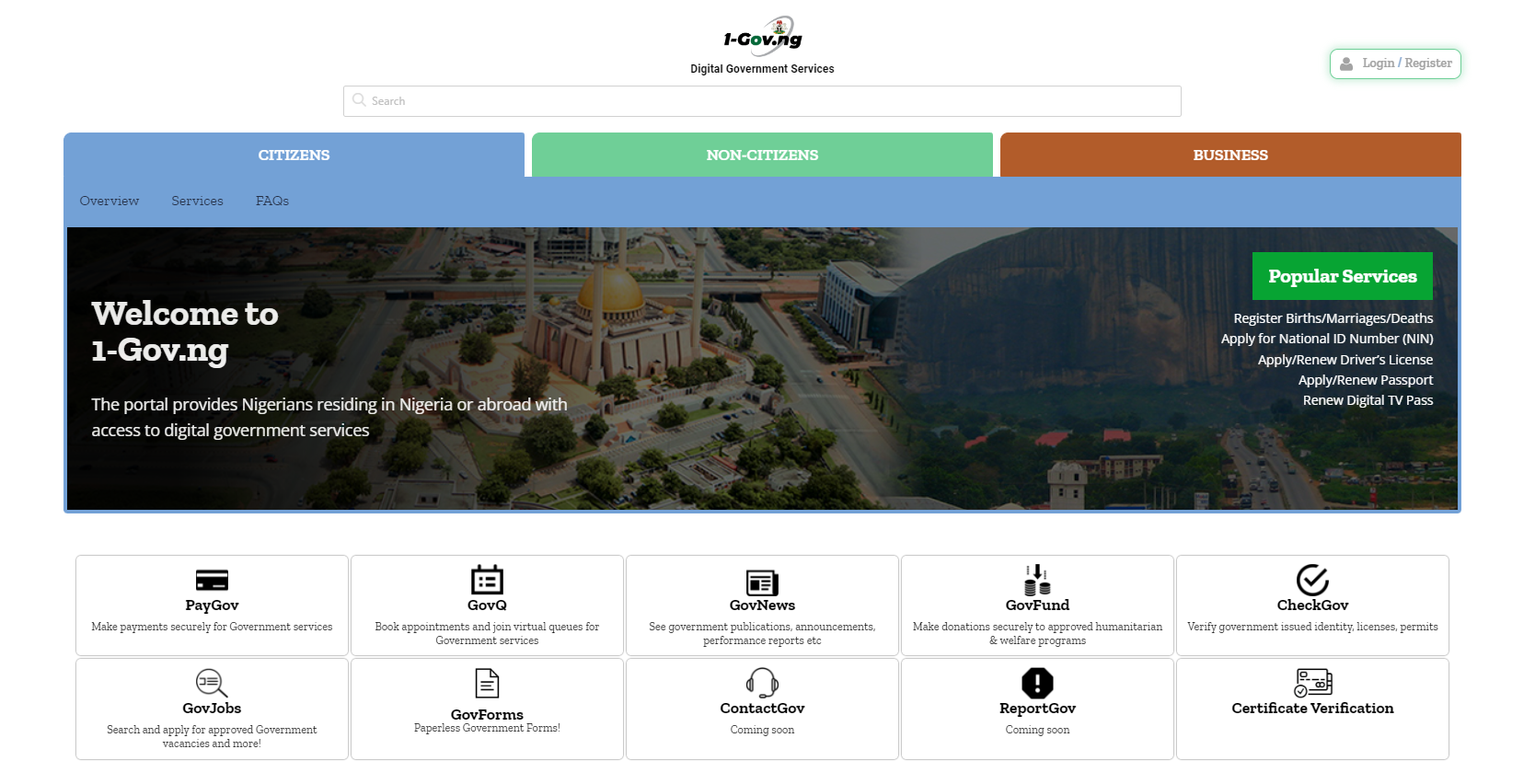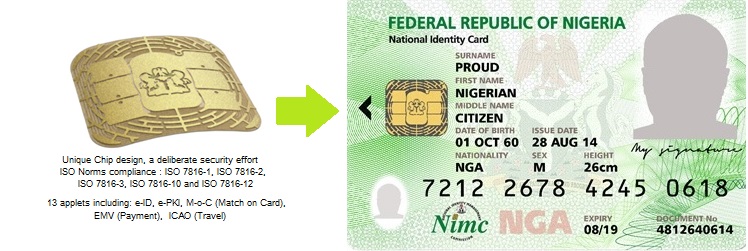E-Government Development in Nigeria
The Nigerian Federal Ministry of Communications and Digital Economy has been making visible efforts to enhance e-Governance services. In 2021, it launched a 10-year National E-Government Master Plan (NEGM) aimed to improve public service delivery through a seamless electronic platform that connects citizens with government officials and institutions. The NEGM focuses on five key areas: integrated services delivery, citizen participation and empowerment, electronic payments systems, cyber security, and a comprehensive database of government information.
There are at least 4 services at the design stage (Nigeria e-Government Interoperability Framework, e-Signature, e-Voting Nigeria, ITS Nigeria). Foreign or international organisations, such as UNICEF, HISP Centre (Norway), DERMALOG (Germany), are involved in the development of at least 3 services.
Rankings
Nigeria ranked 140th in the UN E-Governance Development Survey 2022, with an EGDI of 0,45.
Integration of Public Services
The 1-Gov public services portal is in the early stages of development. The homepage of the website displays a list of services offered by different government agencies. Users can select any service listed on the homepage and will be redirected to the respective agency's website or portal to complete the transaction. Request forms posted for a number of services are not functioning and there are many empty pages on the website. Since its launch, the site has received less than 3 million hits, indicating low public awareness of the unified public services portal.

Source: 1-Gov
National Payment System
Innovative payment platforms are being developed to enable cryptocurrency transactions, credit and insurance, and asset management through websites and mobile apps. The Central Bank of Nigeria (CBN) has issued the circular setting regulations, the licensing of payment system operators and a strategy for the development of payment systems in the country until 2025 (Nigeria Payments System Vision 2025).
The PayGov payment system introduced by the government does not work in practice. Instead, Nigerians use Remita, a highly developed payment platform by the Nigerian company SystemSpecs and licensed by CBN. Remita's innovation and accessibility were recognized at the International Financial Inclusion Conference in 2022 and won two awards.
Education
The digitalisation of school education is led by private sector solutions. There is no unified digital platform, rather there are many commercial solutions with adequate functionality. Such solutions are popular with public schools. Yet, the school pass system allowing parents to check the school passes and purchases have not been implemented in public schools.
Registry and portal solutions
Successful examples of registry and portal solutions include the Nigerian Corporate Registry, the Electronic Public Procurement platform, and the SME Digital Platform. These portals are interactive, intuitive and easily searchable. However, some of the declared sections are empty. Rapid SMS platform provides demographic register with the opportunity of quick registration of newborns.
Identification and Biometrics
The Nigerian government has also made efforts to encourage citizens to use digital public services. For example, the National Identity Management Commission (NIMC) has launched the National Identity Number (NIN) registration process, which aims to provide all Nigerian citizens with a unique identification number. The NIN is now required for accessing government services such as passport applications, and the registration process can be completed online or at NIMC enrollment centres across the country.

Source: NIMC
Data Management and Infrastructure
In addition, the Nigerian Communications Commission (NCC) has initiated a process to establish a national database of phone users, which will help to combat crime and terrorism by providing law enforcement agencies with important information on the identity and location of phone users. The database will also facilitate the use of mobile money and other digital financial services.
Overall, while the Nigerian e-Government still has room for improvement, the government's efforts to facilitate access to public services through the development of digital platforms and infrastructure are a step in the right direction
Author:
Angelina Pshenichnikova
Have you spotted a typo?
Highlight it, click Ctrl+Enter and send us a message. Thank you for your help!
To be used only for spelling or punctuation mistakes.